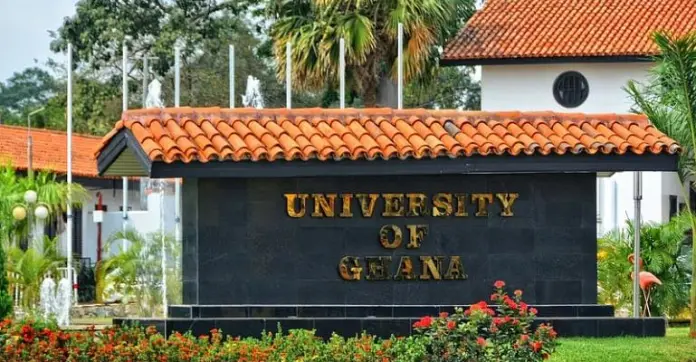Students at the University of Ghana have expressed mixed reactions following the government’s decision to transition ministers to electric vehicles (EVs) powered by solar energy—an initiative announced shortly after President John Mahama scrapped fuel allowances for government appointees.
According to the Energy Minister, the shift to electric mobility is part of a broader effort to reduce public spending and promote environmental sustainability. The announcement has sparked a range of views on campus, with students weighing in on its potential impact.
Some welcomed the initiative, citing its long-term environmental and financial benefits.
“I think it’s a very good initiative. Switching from traditional vehicles to electric ones reduces pollution, and using solar energy doubles down on renewable sources. It will save the country funds and promote sustainable development goals,” said one student.
Others connected the policy directly to the recent fuel allowance cuts, suggesting the two measures complement each other.
“The president cutting off fuel allowances was a bold move. If we’re switching to EVs, it’s perfect. It ensures government workers still have transportation while helping the state save money for infrastructure and other priorities,” another student noted.
However, not all reactions were positive. Some students questioned the financial feasibility of the EV transition, especially considering Ghana’s current economic constraints.
“Solar is quite expensive. If Ghana has that kind of revenue, it should be directed toward more pressing issues facing the country,” one student argued.
Still, a portion of students saw the plan as a pragmatic compromise, balancing cost-cutting with continued support for government operations.
“If fuel allowances are gone, then switching to EVs means ministers won’t have to bear that cost personally. It’s a win-win,” said another.
As the government moves toward implementation, the full fiscal and political impact of the plan remains to be seen. For now, it has ignited a national conversation among students and citizens alike about the intersection of governance, climate action, and economic priorities.
-
Story by Deborah Jackson|univers.ug.edu.gh
Edited by Michelle Lartey

